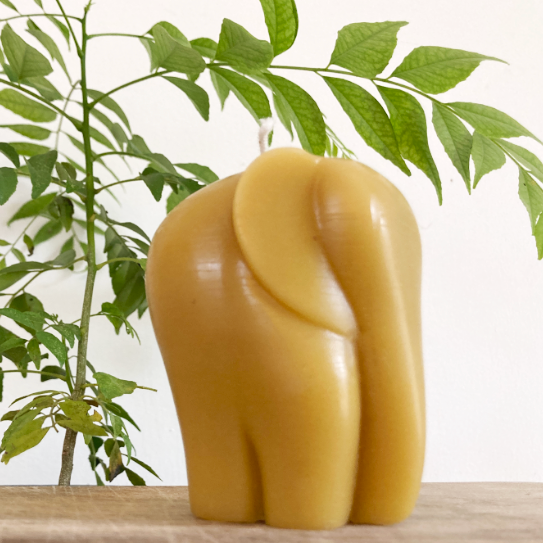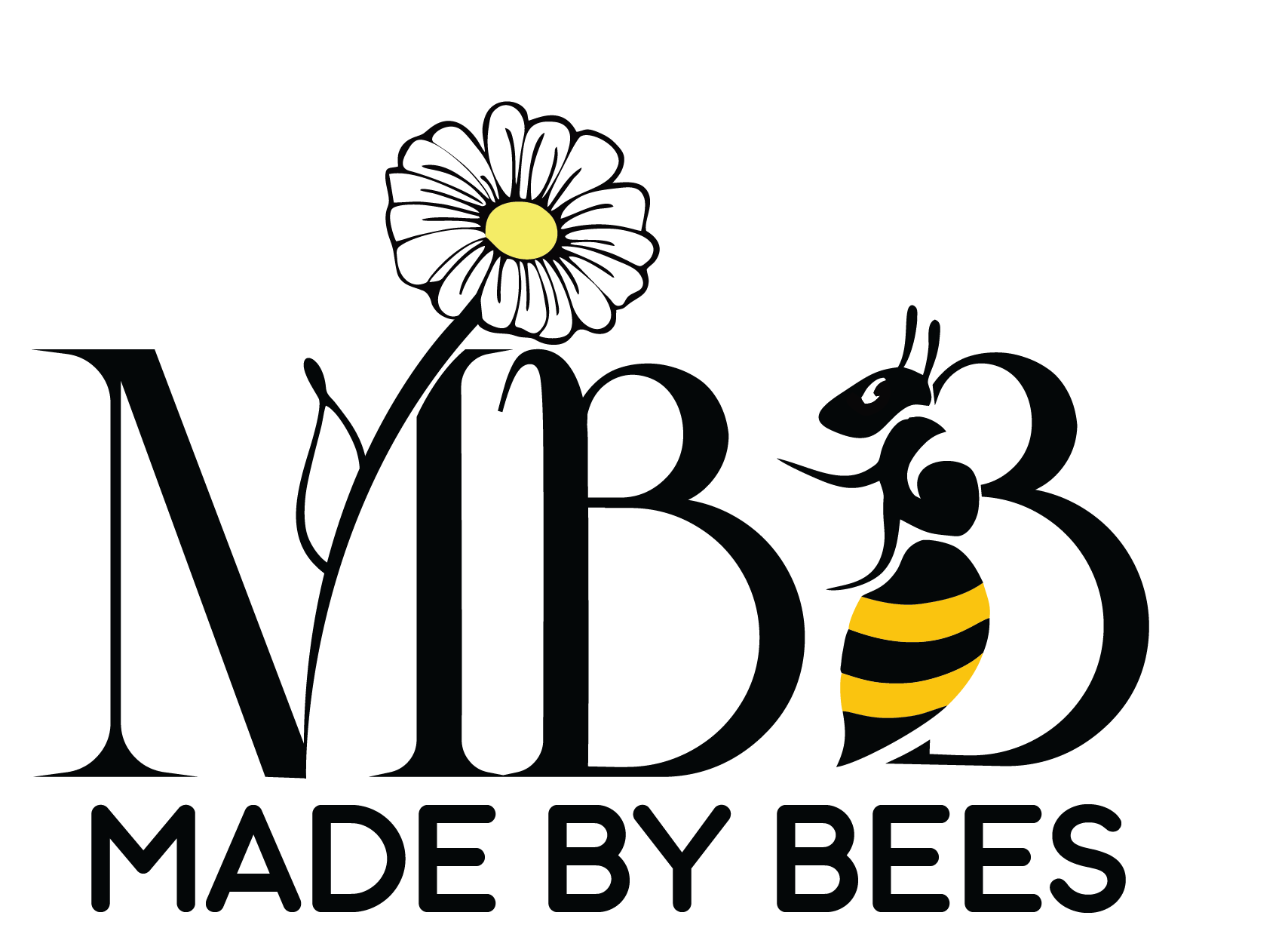
Elephants and bees
Novelty beeswax candle
An elephant’s size is equal to its appetite, which can drive them to raid crops grown by subsistence farmers.
Elephants are known to be wary of bees nests and to avoid trees with beehives. Although elephant skin is 2.5 cm thick, they can still be stung in areas around their eyes and inside their trunks, which can be extremely painful.
Electric fences aren’t feasible in many areas due to lack of electricity, and other types of fences are ineffective. However, researchers may have found a simple solution — bee hives.
Elephants and Bees Project
160g of pure beeswax and 85mm tall.
100% pure beeswax - made by bees, candles made by humans. Eco-friendly gifts that show you care. We plant a tree with every order on your behalf.
Couldn't load pickup availability
Pickup available at Cox's Farm Honey Co. LTD
Usually ready in 24 hours
Elephants and bees
If you have any questions, please get in touch. We'll get back to you as soon as possible, within 24 hours on weekdays.
-
Shipping Information
We use Royal Mail Tracked 48 - Aims to deliver in two to three working days. Tracked to delivery point. Shipping Policy
-
Customer Support
Use our online chat, contact page or email: buzz@coxsfarmhoney.com
-
FAQ’s
-
Contact Us
Use our online chat, contact page or email: buzz@coxsfarmhoney.com
FAQs
Shipping?
Shipping is free for orders over £50.
We ship within the UK mainland only, using Royal Mail Tracked 48.
Are your products Vegan?
Are your products vegan?
No.
Some see selling honey as exploitation — we see it as a partnership.
We practise ethical beekeeping that supports wild pollinators, strengthens local ecosystems, and helps protect bee populations threatened by habitat loss, pesticides, and climate change. In our hives, the bees always come first: queens’ wings are never clipped, swarming is allowed, and the bees keep the vast majority of their honey. The small surplus we harvest funds their care and conservation, helping us maintain healthy, thriving colonies that pollinate the plants we all depend on.
Our apiaries are limited to a maximum of four colonies per well-stocked acre to avoid competition with wild pollinators. At our Steart site, we’ve reduced this to just two colonies due to local ecological pressures.
We’re committed to raising awareness of the challenges facing wild pollinators — from habitat loss and the decline of wildflower meadows to the scarcity of safe, chemical-free forage. We plant for all pollinators and leave parts of our garden to grow wild, and we encourage you to do the same.
Can I visit Cox’s Farm?
We don’t have a physical shop you can visit. All our honey and products are available online, so you can enjoy them delivered straight to your door.
Is honey safe to consume during pregnancy?
Raw honey – it’s ok for you to eat honey, but you should NOT give it to your baby until they’re over a year old.
Do you offer a trade discount?
We don’t offer trade discounts as we keep our prices as low as possible. You are welcome to buy in volume from our website at the listed price shown.
Do you offer beekeeping courses?
Contact the Natural Beekeeping Trust to learn about bee-centric beekeeping:
Contact your local BBKA to learn about beekeeping.

